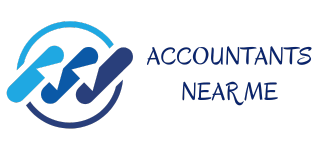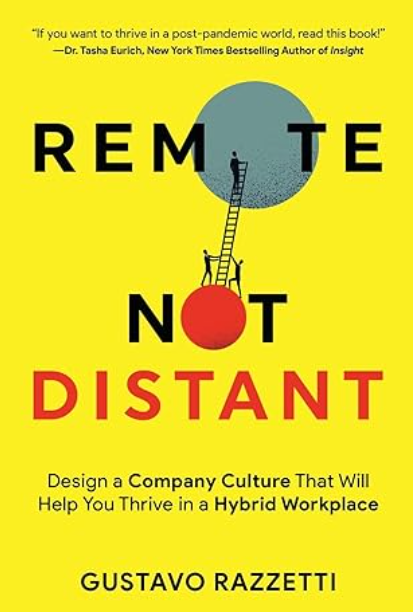Remote Work and Accounting: Adapting to the New Normal
The landscape of accounting, long characterized by meticulous number-crunching within the confines of traditional office spaces, has undergone a profound transformation in recent times. The catalyst for this evolution? The seismic shift towards remote work, a phenomenon that has reshaped not only the physical workspace but the very essence of how accountants navigate their professional terrain. Remote work culture has led to exponential increase in virtual assistant jobs and part time work from home.
1. Challenges Faced by Accountants in Remote Work:
Accountants grapple with challenges in adapting to virtual dynamics, including issues with collaboration, data security, and privacy. The remote work setting presents unique complexities that require strategic solutions. “Remote Not Distant” by Gustavo Razzetti is a good resource to refer to when adapting to the hybrid work culture.
2. Technological Solutions:
Technology plays a pivotal role in addressing challenges. Virtual collaboration platforms, cloud-based accounting software, and secure communication tools enhance accessibility, streamline workflows, and bolster data security for accountants working remotely. Applications like Microsoft SharePoint online and the likes have gained popularity.
3. Communication and Collaboration:
Communication dynamics shift in a virtual setting, emphasizing asynchronous communication. Best practices for maintaining effective communication and fostering collaboration are essential. Recommended tools for virtual meetings bridge the communication gap and facilitate teamwork. The need for interpersonal communication and business communication skills is more than ever before.
4. Adapting Work Processes:
Remote work prompts a reevaluation of traditional accounting processes. The timelines for financial reporting and audits undergo adjustments. Innovative strategies for project management and task delegation, emphasizing flexibility and adaptability, become crucial in a virtual environment.
5. Training and Skill Development:
Accountants adapt by acquiring new skills for remote work. Professional development opportunities, including online training platforms and webinars, play a pivotal role. Emerging skills and certifications, such as cloud accounting and cybersecurity awareness, gain increased significance.
6. Employee Well-being and Engagement:
Accounting firms prioritize employee well being through virtual wellness programs and flexible work hours. Focus is given to mental health as well as workplace financial wellbeing. The virtual work setting impacts team culture, necessitating virtual team-building activities. Challenges related to work-life balance, including blurred boundaries and potential isolation, are recognized and addressed. Focus needs to be given on ensuring good work space has been created with comfortable desk and ergonomic chair, which provides comfort while working.
7. Future of Remote Work in Accounting:
The potential permanence of remote work is explored, contingent on technological advancements, employee preferences, and client expectations. Lessons from the pandemic highlight resilience and the role of technology. Benefits, like flexibility and global talent access, contrast with drawbacks, including collaboration challenges and the need to maintain company culture.
The forward-looking perspective encourages embracing lessons learned to thrive in the evolving landscape of remote work in the accounting profession. The future of working remotely looks bright in the new hybrid working model.








0 Comments